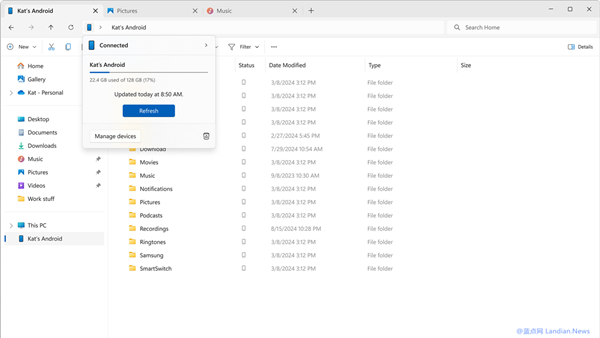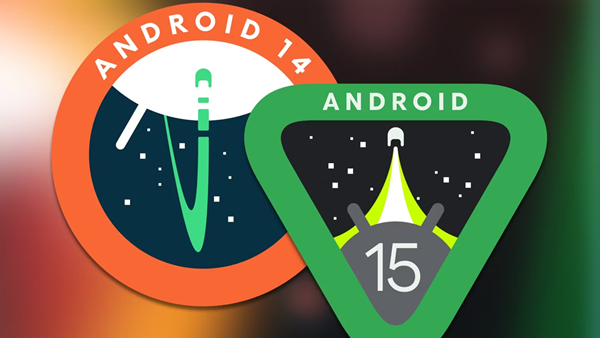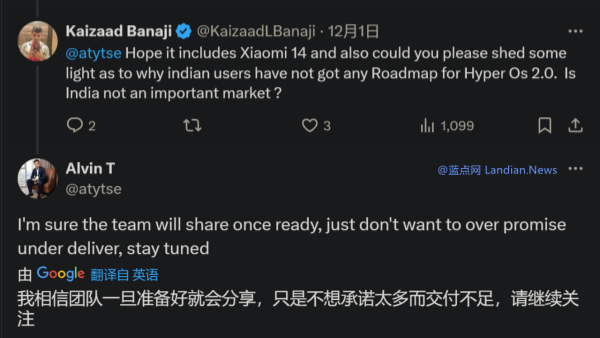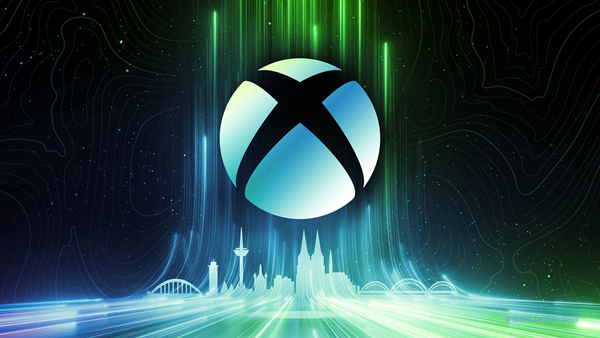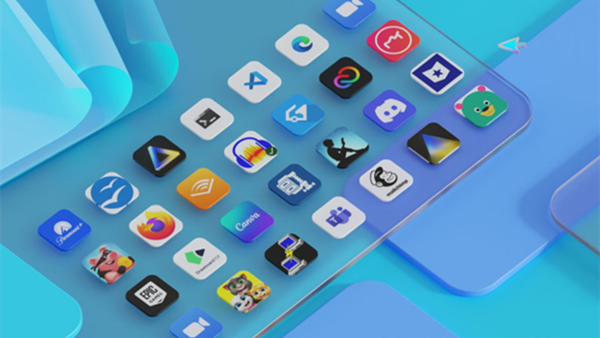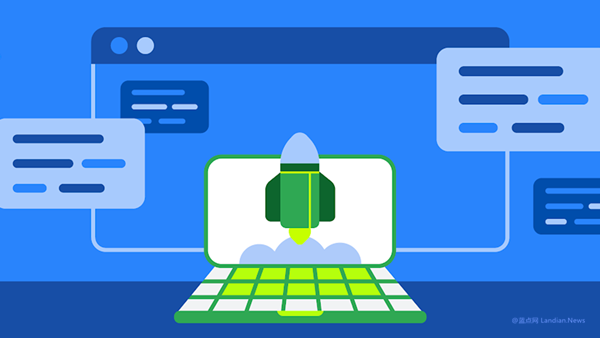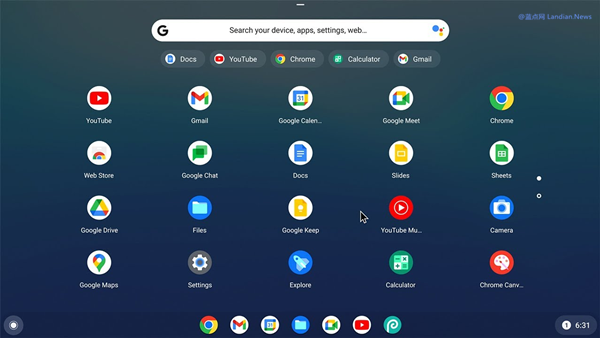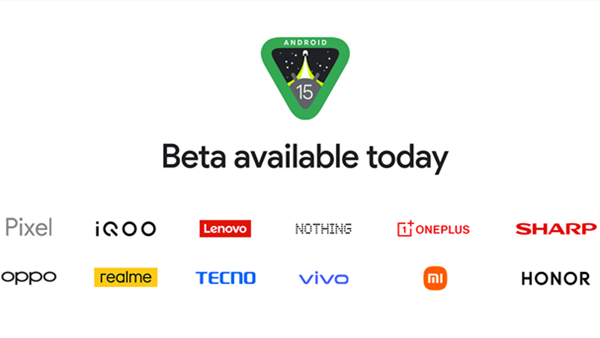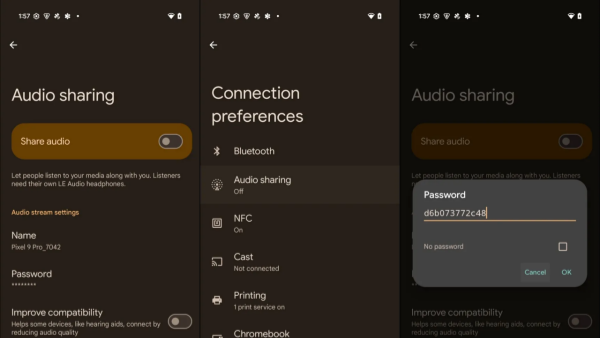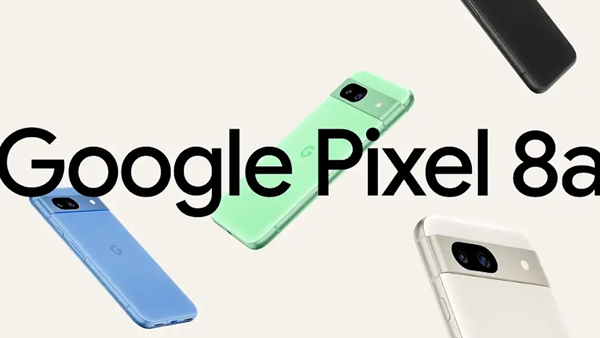Google has recently ceased generating fat APKs for applications, now only offering AAB packages, which could impact user sideloading installations.
Initially, Google began preparing the Android App Bundle (AAB) format in 2018, which by 2021 had become the default format. Developers are required to build their applications in AAB format for distribution via the Google Play Store.
The advantage of the AAB format lies in its ability to cater to various screen sizes, languages, CPU architectures, and Android versions with separate files. Google Play doesn’t download the complete installation package but instead downloads the package adapted to the device's specific conditions. This significantly reduces the size of the installation package, saves network traffic, and also reduces space usage on Android phones.
To facilitate the sharing of APK files among users, Google Play could create full-size APK installation packages (known as fat APKs) from AAB files, allowing users to export and share APK files for sideloading installations.
APKMirrors, a well-known website for providing APK installation files, recently reported (on Github) that Google has suddenly stopped generating fat APKs for applications, now only offering bundled versions, affecting users' ability to directly download and install APK files.
Although AAB formats can still be installed via Google Play, third-party tools, and ADB commands, this adds extra steps for users, making it less convenient than directly downloading and opening APK files for installation.
The Android system itself has not undergone any adjustments. The reason behind Google’s sudden discontinuation of fat APKs remains unclear. At least, for now, Google seems to be curbing the extraction of applications from Google Play and forcing users to download and install applications through Google Play.
Of course, a solution for developers, aside from distributing applications on Google Play, is to directly release APK installation packages through their own websites. After all, there are indeed users who cannot use Google Play, and for these users, direct APK installation is more convenient.

